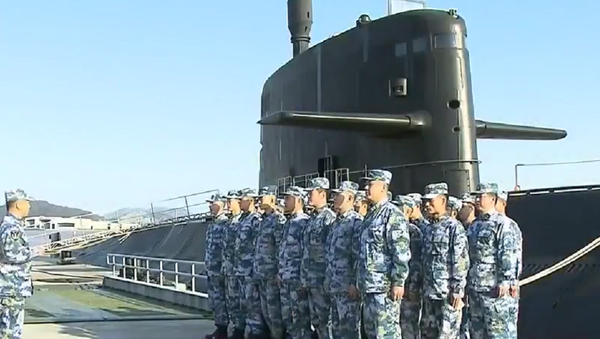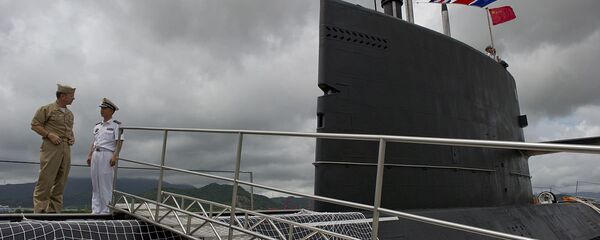Yang Mian, an expert on foreign relations at China's Institute of Communications, said that some in the West do not want Beijing and Bangkok to deepen defense cooperation, without explicitly stating who those are.
"Thailand used to purchase US-made weapons. This is why Thailand's decision to buy Chinese armaments could affect interests of some Western countries. In addition, they are trying to use some political forces in Thailand against China, fueling tensions to pursue their own interests," the analyst suggested.
Yang Mian said that the export version of Chinese Type 041 submarines, designated S26T, is the best in terms of quality-price ratio. "In this context, the opposition to the deal is part of domestic political games. Some in Thailand's political circles are opposed to China," he said.
Defense analyst Konstantin Sivkov told Sputnik that the three submarines are inferior to subsurface vessels produced in Russia and the United States, adding that they would still be able to take part in combat operations against near-peer opponents.
"These are second-generation submarines when it comes to noise characteristics. They do not fully meet the requirements of today. However, they will be capable of standing against similar submarines of older projects which are widespread in Southeast Asia. In other words, these are warships of the 'Third World' countries capable of responding to defense challenges in local conflicts. They are clearly incapable of countering Russian and American subs," the analyst explained.
Sivkov further said that the move will help Beijing enhance its influence in Thailand.
China, DPRK, India, Indonesia, Japan, Malaysia, Pakistan, Singapore, South Korea and Vietnam are currently the only states that are reported to operate subsurface fleets in the region.
Never miss a story again — sign up to our Telegram channel and we'll keep you up to speed!


